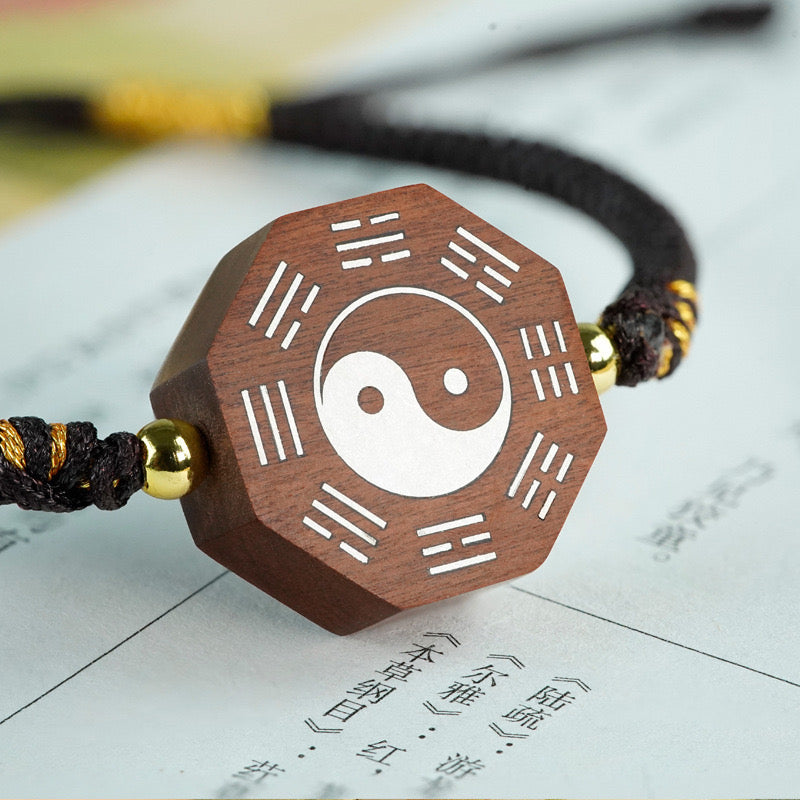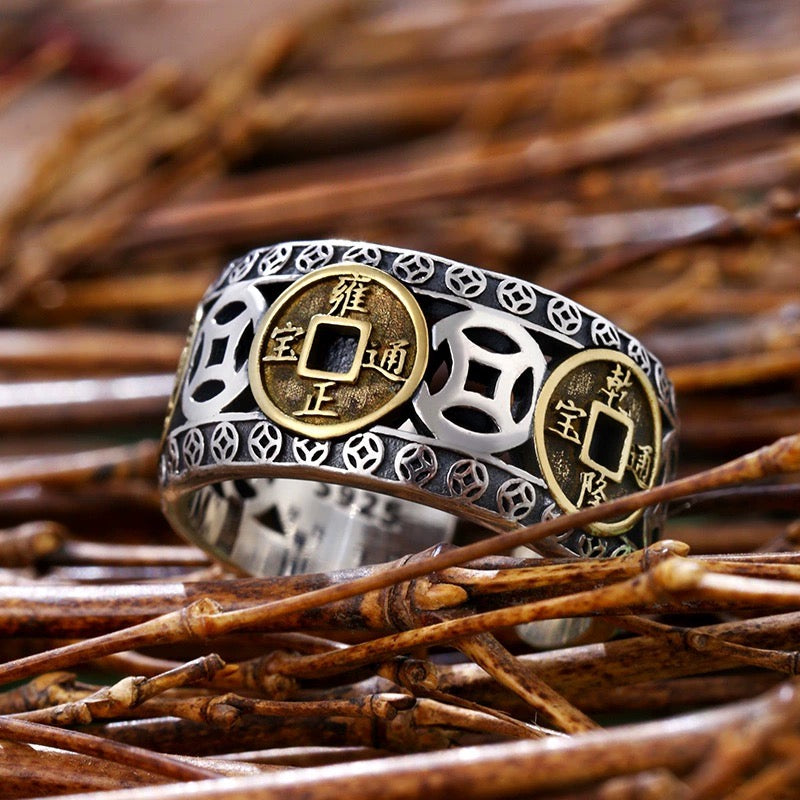What is feng shui:Mystical energy from the East.
Table of Contents
Feng Shui is an ancient Chinese discipline that studies the relationship between the environment and humans. Its core concept is to achieve harmony between people and nature by selecting and adjusting the environment, thereby attaining health, wealth, and happiness. Feng Shui posits that various elements in the environment, such as terrain, water flow, and orientation, possess energy that can influence a person's fortune and quality of life.
Chinese traditional Feng Shui encompasses various branches, including architectural Feng Shui, Yin house (tomb) Feng Shui, and Bazi (Eight Characters), among others. Feng Shui permeates all aspects of traditional Chinese architectural activities, from site selection and planning, orientation, and design of both interior and exterior decorations, from imperial palaces to ordinary homes, from Yang houses (dwellings of the living) to private tombs (resting places for the deceased), and even to naming children based on Bazi. From analyzing the Five Elements to fortune-telling, Feng Shui is virtually ubiquitous in Chinese culture.
Definition and Origin of Feng Shui
Feng Shui, which literally means "wind" and "water," is one of the ancient Chinese philosophical systems aimed at studying the influence of the natural environment on human life. The origin of Feng Shui is based on the principles of the "I Ching" (Book of Changes), with its early signs appearing during the pre-Qin period. The application of Feng Shui can be traced back to the Jin Dynasty with the publication of "The Book of Burial" by Guo Pu. It became widespread among the populace during the Tang Dynasty. According to historical records, the founding master of Feng Shui during the Tang Dynasty was Yang Gong, also known as Yang Junsong, who was from Douzhou. Many subsequent Feng Shui masters further classified and authored various schools of thought.
Initially, Feng Shui was used by emperors to determine the construction of palaces and the placement of tombs. Tracing back thousands of years, as early as the Zhou Dynasty, ancient people began exploring how to select and arrange living environments to achieve harmonious coexistence with nature.
Basic Theories of Feng Shui
The core theories of Feng Shui include Yin-Yang, the Five Elements, the Eight Trigrams, and the He Tu and Luo Shu diagrams. The Yin-Yang theory divides everything in the universe into two opposing forces, while the Five Elements theory refers to the five basic elements: metal, wood, water, fire, and earth. These theories are used to explain the changes in nature and various phenomena in human life.
Main Application Areas of Feng Shui
Feng Shui is widely applied in architecture, interior decoration, urban planning, and other fields. Its main purpose is to improve people's quality of life, health, and fortune by adjusting the layout of the environment. In residential Feng Shui, emphasis is placed on the orientation of the main door, the layout of rooms, and the placement of furniture. In commercial Feng Shui, the focus is on the location of office buildings, interior decoration, and the design of company logos.
Relationship Between Feng Shui and Modern Science
Although Feng Shui originated in ancient times, many of its concepts find corresponding explanations in modern science. For example, Feng Shui emphasizes good air circulation and adequate lighting, which aligns with the principles of ventilation and lighting in modern architectural design. Additionally, the environmental influence theories in Feng Shui have similarities with environmental psychology in modern psychology.
Cultural Significance of Feng Shui
Feng Shui is not only a practical life philosophy but also a cultural tradition. It reflects the ancient Chinese people's respect and love for nature and their desire for a harmonious and beautiful life. In modern society, Feng Shui remains an important part of Chinese culture, influencing people's housing choices and lifestyles.
International Influence of Feng Shui
With the deepening of global cultural exchange, Feng Shui has gradually spread to the world, becoming an international lifestyle concept. People in many countries have begun to accept and apply Feng Shui principles in the hope of improving their quality of life and work environment. In Western countries, Feng Shui is regarded as a unique Eastern wisdom and is widely embraced.
Conclusion
Feng Shui is a comprehensive discipline that integrates knowledge from philosophy, environmental science, and architectural art. It emphasizes harmonious coexistence between humans and nature, aiming to achieve health, happiness, and success through environmental adjustments. Whether in ancient or modern times, Feng Shui continues to guide people on how to live better and pursue the ideal of living in harmony with nature.





Leave a comment